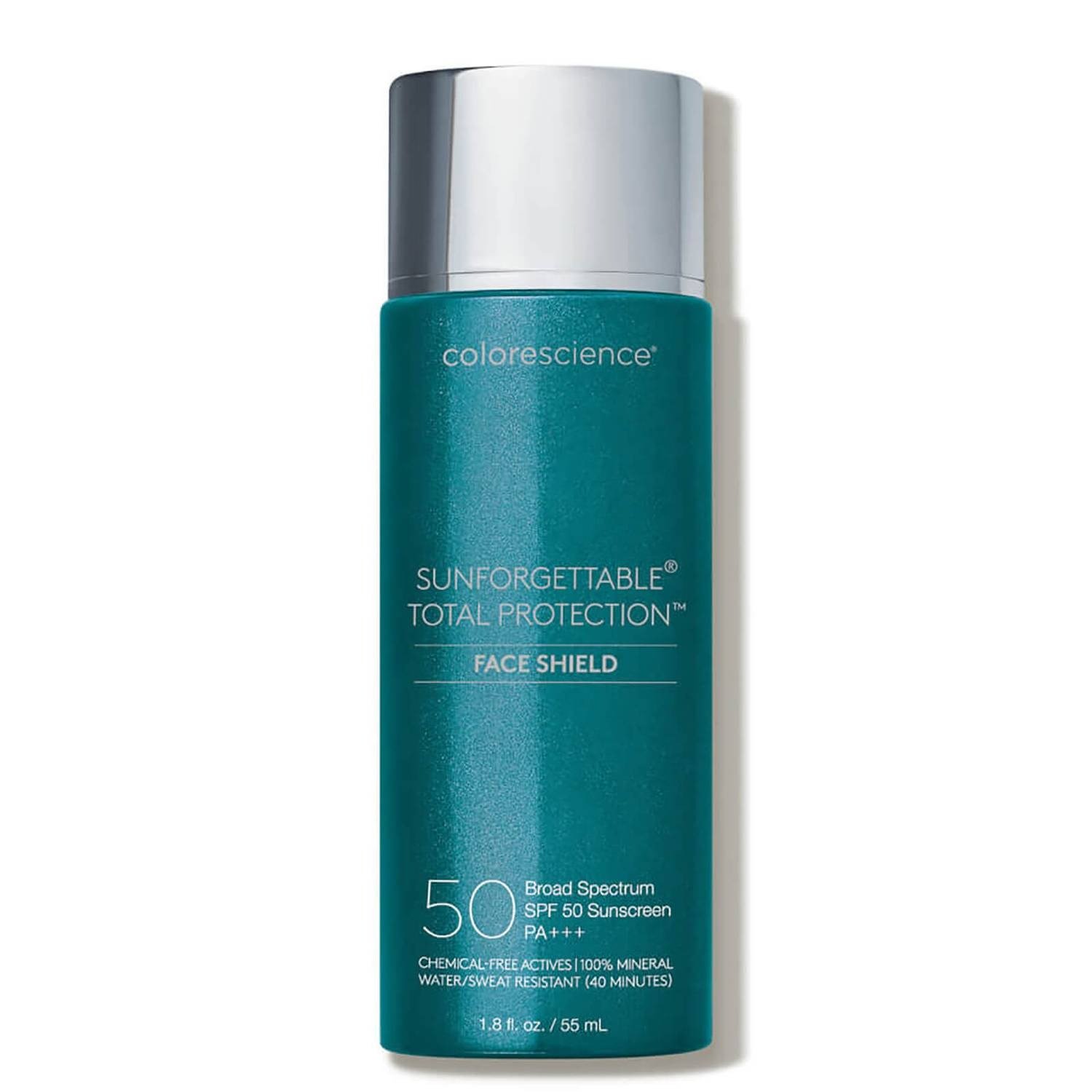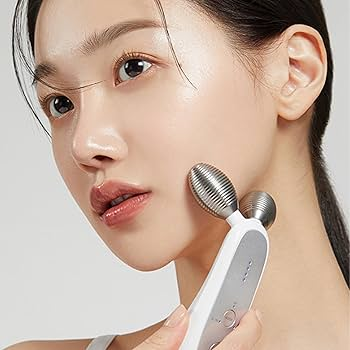Sunscreen Basics: Getting Started with SPF
Don't understand the hype around sun protection? UV light has been proven to be a human carcinogen, so understanding how to protect ourselves while still enjoying the benefits of the sun is incredibly important. Read on to find out the fundamentals of sunscreen, what marketing claims you can and should ignore, and learn some tips to help you choose the best sunscreen for you.
Anti-Aging
UVA accounts for up to 95% of all UV light. These rays penetrate deep into the dermis and can cause premature aging like wrinkles, age spots, and sagging as well as skin cancer. While UVB is blocked by windows, UVA is not, so even if you're inside for much of the day it's important to seek protection from the sun's rays. To make sure you’re getting thorough UVA coverage look for a broad spectrum or PA rated sunscreen. The PA labeling system is more common in Asian countries, but still provides robust protection against harmful UV rays.
Anti-Burning
UVB rays hit the outermost layer of the skin (the epidermis) and contribute to burning, which in turns leads to an increased risk of skin cancer and pre-cancers. However, on a positive note, they also contribute to vitamin D synthesis in our bodies. An SPF rating tells you how much longer you can stay in the sun without getting burned compared to not wearing any sunscreen at all. For example, if your normal burn time without any protection is 10 minutes, then using a product with an SPF 30 means that your burn time would increase up to 300 minutes (30 times longer than normal).
Anti-Irritation
Both UVA and UVB reduce your skin’s immune response, and that's why the sun can be helpful for people with conditions like psoriasis. When your skin feels super inflamed or irritated during a psoriasis flare up, having that diminished response can calm your skin down and make it feel better. However, it’s all about balance. If you have psoriasis you shouldn’t sit in the sun all day every day as you then put yourself at risk of other skin diseases. Moderate sun exposure while still using some level of sun protection is optimal.
Misleading Claims
Claims such as “waterproof”, “sweatproof”, or “sunblock” have now been prohibited by the US Food and Drug Administration (FDA). Why is that?
Sunscreens are not complete blockers of the sun so no amount of coverage is going to offer you 100% of a block.
Similarly, no sunscreen is completely sweat or waterproof, so only the terms sweat or water resistant are allowed. Usually they also provide a time frame for how long they resist sweat, such as for 40 or 80 minutes.
Reef friendly can also be misleading in the sense that it is not a regulated term (so companies can come up with their own definition). If you are eco minded, make sure to avoid products with oxybenzone and octinoxate, the two ingredients banned by Hawaii in 2021, and avoid nano particle zinc or titanium, which can have effects on the coral reef due to their small size.
Which type of sunscreen should I use?
Chemical sunscreens contain chemical compounds which absorb UV radiation before it reaches your skin. They're often thin in consistency making them easy to apply smoothly. Physical Sunscreens scatter visible light and absorb ultraviolet light. They’re often preferred by people with sensitive skin but the biggest downside to them is that they leave a white cast.
One category is not better than the other — it’s just about finding one you like enough to use regularly.
Sunscreen for Sensitive Skin
Thinkbaby SPF50 Sunscreen
If you are somebody with sensitive skin, look for hypoallergenic sunscreen. We love the products from thinkbaby for kids (and big kids). It leaves a crazy white cast, but it has none of the ingredients that can harm coral reefs, and the high zinc concentration means it really clings onto your skin.
Sunscreen for Dry Skin
Cerave AM Facial Lotion SPF 30
If you are someone who is dry, look for sunscreens combined with a moisturizer. We love this one from Cerave. It’s rich in ceramides, niacinamide, and hyaluronic acid, which give some great additional moisturizing and balancing benefits.
Sunscreen for Oily Skin
First Aid Beauty Mineral Sunscreen SPF 30
If you are oily or acne prone, you want to look for sunscreens that are non-comodogenic and you might like sunscreens that come in gel based forms - these are also great for people who tend to be on the hairier end of the spectrum. We’ve recently become big fans of the mineral sunscreen from First Aid Beauty. It’s oil free, non-comodgenic and comes with a very lightweight elegant formula, so perfect for oilier skin types.
Sunscreen for Sporty People
Colorescience Sunforgettable Face Shield SPF 50
If you have a very active lifestyle, you want to look for sunscreens that are water resistant. These cling to your skin for around 40 minutes of running, swimming, or working out. Lightweight and sheer, this mineral-based sunscreen from colorscience works on all skin types and tones and is water- and sweat-resistant for up to 40 minutes.
But More Importantly is the ultimate destination for finding the best cosmetics around. We take on the task of sifting through a vast array of options to find the most useful and expertly-recommended items that you can buy. Our team has recently scoured the market for everything from niacinamide products to sensitive skin routines, to treatments for fine lines and wrinkles. Our links are regularly updated to ensure that you get the best deals available, so make sure to check back often for new suggestions!



















